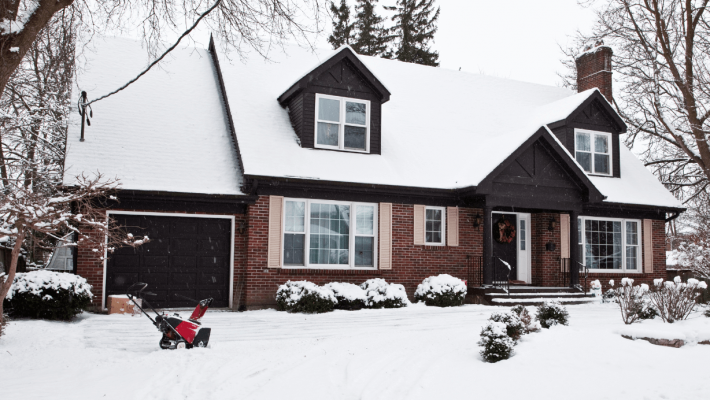New tech tools make finding a neighborhood that’s a good fit for you and your family easier than ever. Combine innovation, with good old-fashioned research and soul searching, and you will know what’s right for you. . There’s an emotional connection we make when something feels just right. Using a checklist and online tools and mobile apps can help you consult your head as well as your heart when searching for your new neighborhood, so you can truly make the best choice.
- Make a list of needs vs. wants
We all want to lead with our hearts when selecting a new neighborhood, but a wise decision can be made only when it’s also based on data. Decide in advance what you really need versus what you may desire, and make a checklist of those items. If you have children, for example, you may need to consider the school district’s graduation rates and sports programs. Frequent travelers may need quick access to the nearest airport. Or, the most important factor may be the length of your daily commute and the availability of public transportation. Decide what matters most, write it down, and use this checklist to make an educated choice about your future neighborhood.
- Use local brokerage apps over national portals
When searching for a home, stick with local real estate brokerage websites. National sites & online portals are often incomplete or out-of-date, with some markets missing as many as 15% of the listings available. With many homes pending the same day they are being listed, having up-to-the minute information on new listings and price drops could easily be the difference in finding your dream home or not. Sites like TalkToTucker.com get updates every 15 minutes from the source, whereas some of the national portals rely on aggregating listings from numerous places to try show what is available. Also, with local real estate apps, you can get information like real-time stats and historical data, as well as neighborhood boundaries and photos.
- If there is a Home Owners Association, know what you are agreeing to
You’ve always wanted to paint your mailbox barn red, but then you discover all mailboxes in your neighborhood must be uniformly black. Or maybe you are planning on a mini-barn to keep the garage clutter-free, but you find out they are forbidden in the covenants. Even though covenants, conditions, and restrictions can ultimately help protect your home’s value, you’ll want to know what all is included in that fee, and what is not allowed. Your trusted agent usually secure a copy of the HOA docs to review in advance, as well as confirm the fees listed are up-to-date.
- Research school systems
School systems searchable by name are provided in the talktotucker app, and they are also searchable by county. It’s particularly helpful to search active listings and rentals in the app if you are trying to move to a specific school district and need to find a home you can afford. For example, in one township, prices on active properties searched ranged from $40,000 to over $1 million. Each school system lists detailed information about the schools, including the grades attending, sports programs and extra-curricular activities.
- Visit your potential new neighborhood, multiple times
Sometimes you just need to do some good old-fashioned legwork. Once you’ve selected a few neighborhoods you’re interested in, visit them at various times of the day to see if they are compatible with your lifestyle. Talk to the residents and try to get a sense of the pros and cons of living in that community. You may discover that a calm and peaceful riverfront property transforms into party central at night. Or that dogs bark incessantly. Even if these characteristics don’t bother you, you’ll be happier knowing what you’re getting into before you close the deal.
- Inquire about taxes and tax rates
Also affecting your budget are any increases or decreases in tax rates, which can alter your monthly mortgage payments. Be sure to do your homework before committing to the purchase of a home by calling the local municipality or accessing data on its website about current taxes and tax rates. Don’t be surprised to find big differences in tax rates across different communities.
- Ask about building and construction on adjacent properties
Check with residents, neighborhood associations and your trusted real estate agent to see if there is any future development being planned in the community. New construction, such as a community center, library or school could have a positive impact on your home’s resale value. You’ll also want to know if development is being planned on adjacent undeveloped properties, and if there are any projects in the wings that could have a negative impact on the value of your property.
- Know the 411 on crime
Do a little online sleuthing to research crime statistics in communities that interest you. Or call the local police department, which is often the best way to find out detailed information about crime in specific neighborhoods, what is being done locally to prevent crime, and what the department’s policies are on community policing.



